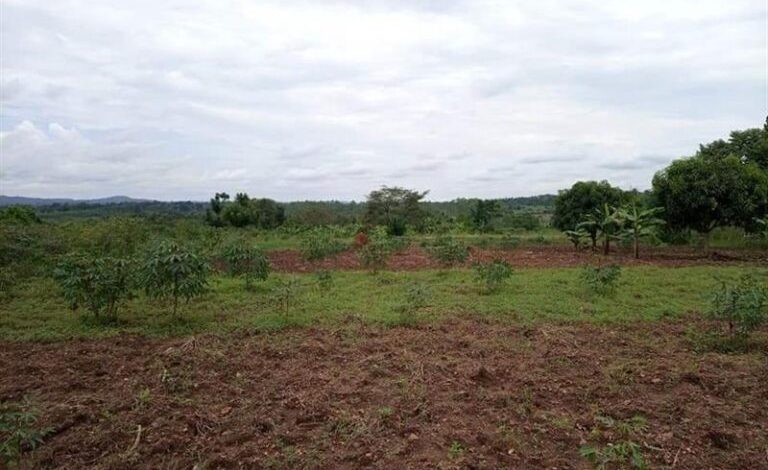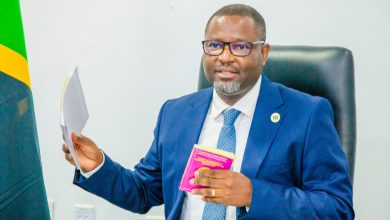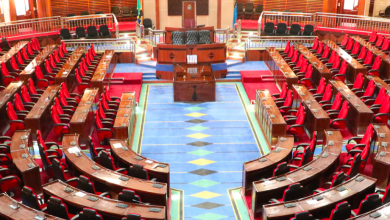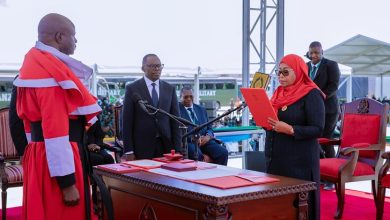Experts decry multiple land allocations in Africa

ETHIOPIA: MULTIPLE land allocations have been cited among key factors affecting Africa’s economic growth, academicians have said.
They made the observation here on Wednesday during a workshop held to celebrate the achievements of the 10- year ‘Strengthening Advisory Capacities for Land Governance in Africa (SLGA)’ programme, which was launched in 2014 and implemented across the continent.
The SLGA programme, commissioned by the German Federal Ministry for Economic Cooperation and Development (BMZ) and implemented by the Deutsche Gesellschaft für Internationale Zusammenarbeit (GIZ), aims to strengthen land governance, transform agriculture and improve food systems across Africa.
Speaking at the event, Vice Chancellor of the University of Gambia, Prof Herbert Robinson, noted that research under the programme revealed that limited commitment of resources towards resolving land issues remains a widespread challenge across African countries.
“This problem is fuelled by corruption, as well as lack of political will in some African countries. The impacts are immense, as double allocation especially stalls investment across the continent, because no investor tolerates continuous land conflicts,” said Prof Robinson.
He added that the findings also revealed the dominance of traditional leaders in land distribution in some countries, with certain groups, particularly women being left out in both decision-making processes and access to land.
ALSO READ: Forland renews anti-deforestation measures
“But today we are celebrating success, as the findings have yielded key recommendations to address these challenges, including the need to digitalise land systems to curb misallocations,” he noted.
On the other hand, he said, the programme has expanded its capacity building initiatives targeting land stakeholders and intensified public awareness campaigns to educate communities on their land rights.
“In other words, these findings should be simplified to ensure they are easily understood not only by ordinary citizens but also policy makers. Dissemination should be made mandatory as part of African governments’ demonstration of political will,” he stressed.
Meanwhile, a representative from Ardhi University, Dr Agness Mwasumbi, said the programme has focused on capacity building, particularly among local leaders, to promote equitable land distribution.
Initial findings, she said, had shown that certain groups, including women, youth and people with disabilities were being excluded from land access and decision-making processes.
“So far, at least 1,200 local leaders have been reached in nine districts across Tanzania, namely Ilemela (Mwanza), Chato (Geita), Mkuranga, Kibiti and Kisarawe (Coast), Ileje (Mbeya), Lindi and Shinyanga,” she explained.
She added that leaders were also encouraged to set aside land for youth engagement in agriculture and related activities, noting that lack of land access was contributing to rural-urban migration and rising unemployment among young people.
On her part, the representative of the African Land Policy Centre, Dr Joan Kagwanja, said knowledge dissemination must be prioritised across the continent through various platforms to raise awareness of land rights and governance.
“Many people lack the knowledge to address land related challenges, while those who have it often refrain from sharing. We must create more spaces for knowledge exchange,” she said.





